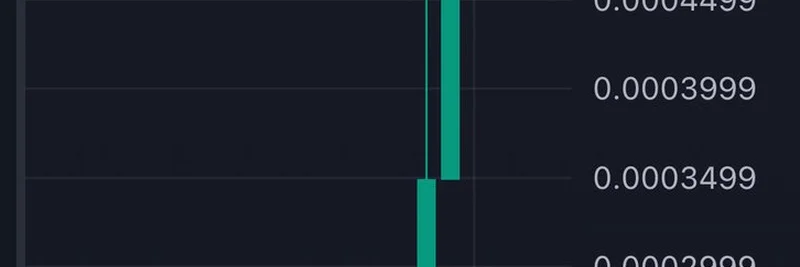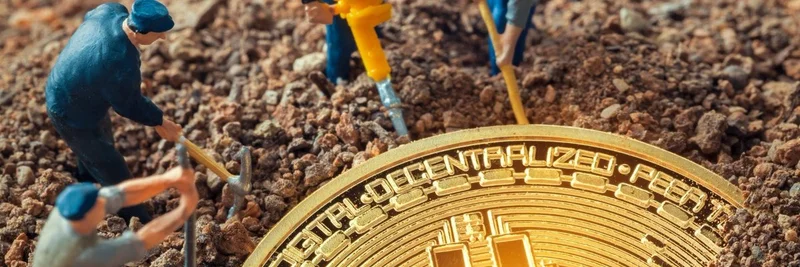Hey there, meme enthusiasts! If you're deep into the world of meme tokens like Dogecoin or newer ones popping up on chains like Base or Solana, you've probably been keeping an eye on what's happening with crypto regulations. Well, Coinbase CEO Brian Armstrong just dropped a tweet that's got the community buzzing, and it's all about positive vibes from Washington, D.C.
In his recent post on X, Armstrong highlighted some real progress for crypto on the regulatory front. He emphasized that the main goal is consumer protection—think safeguarding users from scams, hacks, and shady practices that have plagued the industry in the past. What's cool is that both Democrats and Republicans seem to be on the same page about creating clear rules to make this happen. That's a big deal because bipartisan support can speed things up in a divided Congress.
He went on to say that after a productive week (this was posted on September 18, 2025), Coinbase has never been more optimistic about the momentum for "market structure." For those not super familiar, market structure in crypto refers to laws that define how digital assets are traded, custodied, and regulated—like the Financial Innovation and Technology for the 21st Century Act (FIT21) that's been in the works. Clearer rules here could mean more institutional money flowing in, which often boosts the entire ecosystem, including meme tokens that thrive on hype and liquidity.
But Armstrong didn't shy away from calling out the hurdles. He mentioned big banks making "unserious attempts" to ban crypto rewards by "relitigating" the GENIUS Act. Let's break that down: The GENIUS Act, officially the Guardrails for Essential Nonbank Innovative Utility Services Act, is a landmark U.S. law passed in July 2025 that regulates stablecoins—those dollar-pegged tokens like USDC or USDT that are crucial for trading meme coins without constant fiat conversions. Relitigating means challenging or trying to amend the law after it's passed. Crypto rewards could refer to things like staking rewards, airdrops, or loyalty programs in DeFi that banks might see as competition to their own services.
Why does this matter for meme tokens? Meme coins often rely on stablecoins for easy on-ramps and trading pairs. If banks succeed in restricting rewards or adding more red tape, it could dampen the fun, volatile energy that makes memes explode. On the flip side, if market structure legislation pushes forward without distractions, we could see more mainstream adoption, bigger exchanges listing memes, and even safer ways to HODL your favorite dog or frog tokens.
The tweet sparked a bunch of reactions, with some users hyping up meme projects like $SHIELD—perhaps a nod to "protecting" consumers in a fun way. Others expressed gratitude for the update, showing how influential figures like Armstrong can rally the community.
Overall, this is a bullish signal for the crypto space, including the wild world of memes. As regulations clarify, it could open doors for innovation while weeding out the bad actors. Stay tuned to Meme Insider for more updates on how these developments play out in the meme token scene. What do you think—will this lead to the next big meme pump? Drop your thoughts in the comments!



